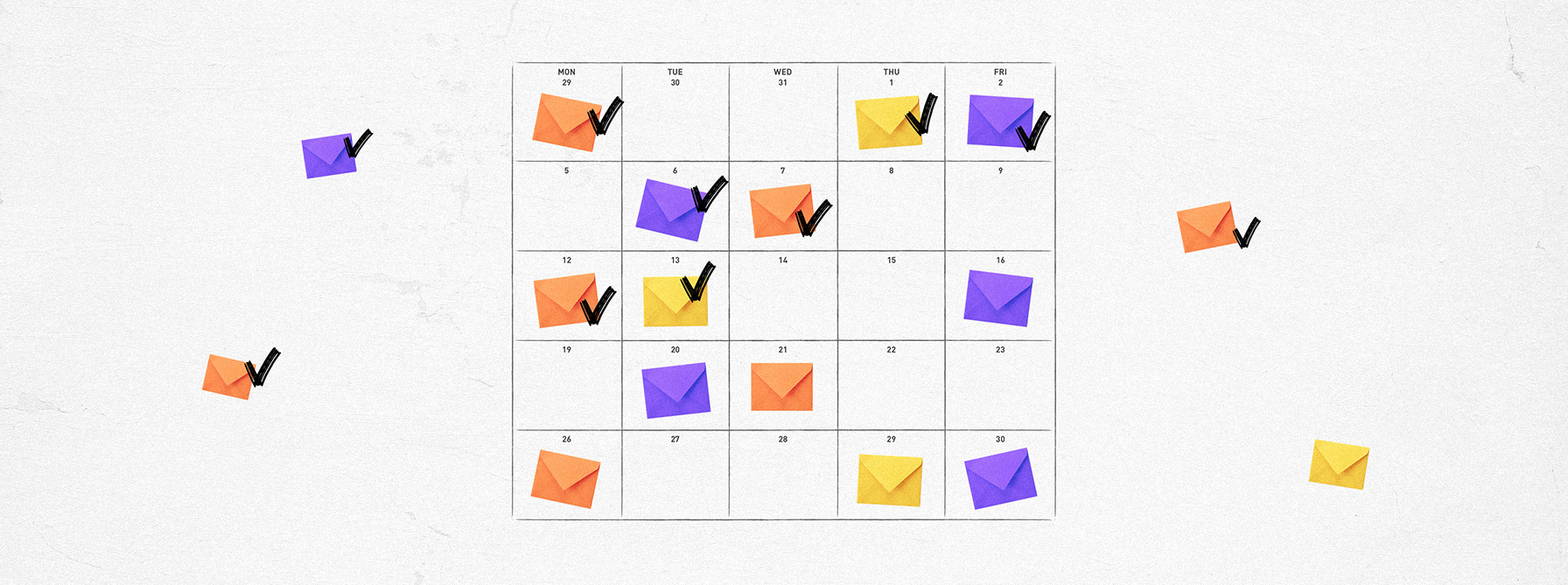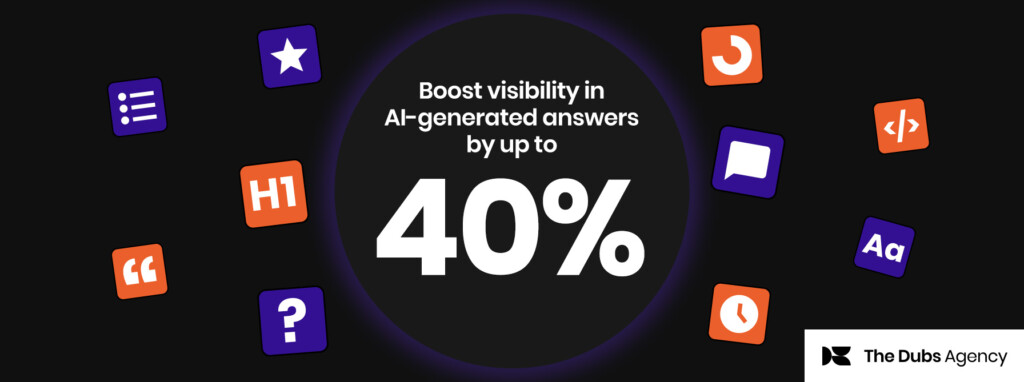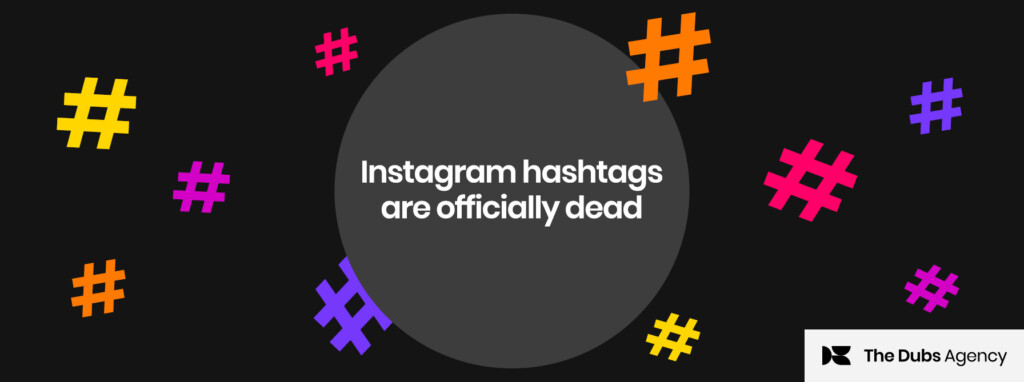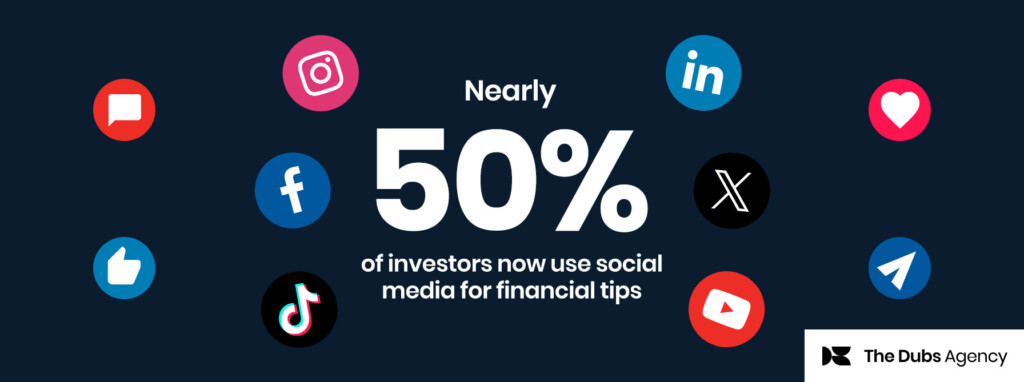Finance industry contributor
TL Nguyen – Director of Marketing, NRL Mortgage
![]()
These days you’d be hard-pressed to find a financial services company that doesn’t send a regular newsletter to its customers or clients – and for obvious reasons. One of the most direct ways to communicate with an engaged customer base, not only have these customers opted in to receive your communications, you also don’t need to navigate search and social algorithms to ensure the content gets seen.
According to Smart Insights and industry benchmarks, financial services newsletters earn an average open rate of 24.94%. Email newsletter campaigns are an effective method to reach and convert customers, as brands are able to bypass algorithms and spam filters, delivering high-quality content directly to the user’s inbox. According to an article by McKinsey & Company, 91% of all US consumers still use email daily. These same emails prompt purchases three times higher than compared to social media, yet the average order value is also 17% higher. However, in the same vein, many financial services brands are also guilty of sending out newsletter content for the sake of it without a clear strategy or goal other than hitting a regular cadence. The numbers speak for themselves, as unsubscribe rates for the industry loom at 0.20% while the average is 0.10%.
So, how do financial service brands take a basic email marketing strategy and make it worthwhile? We look at strategies to attract, hold and build customer value using a newsletter.

Get more Subscribers
// short subscriber forms & multiple form placements
We get it, our industry is highly regulated and our opt-in forms for email campaigns require multiple checkboxes for consent. However, the shorter you can make your newsletter sign-up form (with the help of your legal and compliance team) the less barriers there are to entry. Ultimately all you really need from your subscribe form is, at a minimum, a name and valid email address. Our industry commonly feels we need to ask for a number of details including phone #, secondary phone # and an email address. Bypass the desire to mine people for lead data and focus instead on capturing an email address that you can use to nurture potential customers over time.
Once you’ve simplified your opt-in method, sprinkle your form placement across your website, social media channels and lead email campaigns. Consider running an incentive for potential customers to sign up for your newsletter, such as a complimentary financial consultation session.
Keep them from Unsubscribing
// Content is key
According to a DMA report, 60% of users sign up for an email newsletter just to receive offers and sales. Now that they’re signed up, to keep them from unsubscribing you need to be mindful of email frequency, timing, and the relevancy of your content, keeping a close eye on performance metrics such as open and click-through rates to ensure the content you’re delivering is hitting the mark. While it’s valuable to test and learn to ensure you’re delivering the right content at the time you want to establish a sense of regularity and for your customers to come to expect – and look forward – to your newsletter arriving. As well as monitoring send time consider other factors that could be impacting engagement with your newsletters such as the style of your subject lines, the imagery you’re using and the actual mix of content you’re sharing with the ideal balance being 90% education and 10% promotional content.
“ To keep them from unsubscribing you need to be mindful of email frequency, timing, and the relevancy of your content”
Build Value for Long-Term Sustainability
// predictability + value = a winning newsletter
At NRL, business was usual for our email newsletter until a technical glitch missed sending out our weekly Thursday newsletter. The response was bad, but so good… A few hours after we missed our 10am deadline, many of our referral and business partners emailed our agents to ask “where’s my newsletter?” The educational newsletter, which consisted mostly of links to other articles, exclusive webinars and updates was vanilla, but predictable, valuable and consistent. A key strategy to long-term sustainability is to be predictable while providing value and exclusive content (such as webinars held only for newsletter subscribers).
Like almost all things in marketing, if you want your newsletter to be a success it needs to be built around your customers’ wants and needs rather than simply being guided by a schedule or agenda that works for the business.









